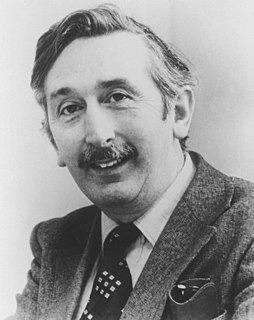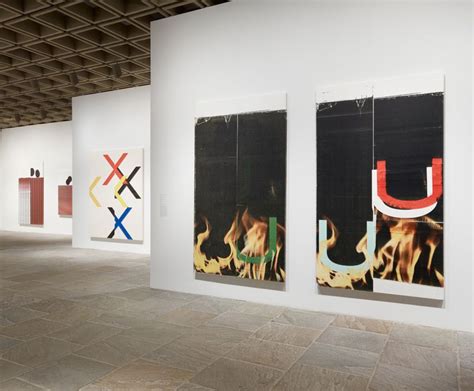A Quote by Michael Craig-Martin
I have been using the computer as a work aid since the mid-90's. It is extraordinarily well suited to how I think and work and has transformed my practice. Nearly everything I have done in the past 15 years would have been impossible without it. I use the computer for drawing, composing and colour planning everything, from postage stamps to paintings to architectural-scale installations.
Related Quotes
In 2001, the hard disk on my laptop crashed, and everything on it was lost. I'd been using the computer for two, almost three years, and had all my work on it - email, which was stored locally; photos; fragments of poems; presentations; sketches; ideas; love letters; everything. I lamented the loss to my friends and got lectured on doing backups.
When I use a direct manipulation system whether for text editing, drawing pictures, or creating and playing games I do think of myself not as using a computer but as doing the particular task. The computer is, in effect, invisible. The point cannot be overstressed: make the computer system invisible.
I've never been much of a computer guy at least in terms of playing with computers. Actually until I was about 11 I didn't use a computer for preparing for games at all. I was playing a bit online, was using the chess club mainly. Now, obviously, the computer is an important tool for me preparing for my games.
The world is not yet finished, but everyone is behaving as if everything was known. This is not true. In fact, the computer world as we know it is based upon one tradition that has been waddling along for the last fifty years, growing in size and ungainliness, and is essentially defining the way we do everything. My view is that today’s computer world is based on techie misunderstandings of human thought and human life. And the imposition of inappropriate structures throughout the computer is the imposition of inappropriate structures on the things we want to do in the human world.








































